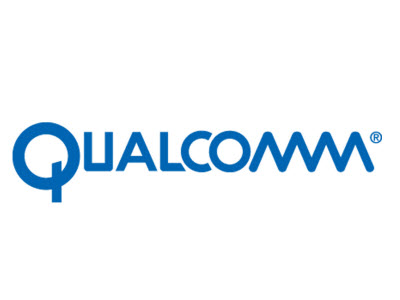Qualcomm Files Counterclaims To Apple Lawsuit
In January, Apple filed a lawsuit alleging that Qualcomm abused the popularity of its products and patents during its dealings with phone makers. Now, Qualcomm has filed a countersuit. The company said it's seeking damages from Apple for "reneging on its promises in several agreements" and wants the U.S. District Court for the Southern District of California to "enjoin Apple from further interference" regarding its deals with the iPhone and iPad's manufacturers.
Apple filed lawsuits against Qualcomm in California and Beijing after the Federal Trade Commission (FTC) accused the supplier of anti-competitive practices. The complaints stem from the popularity of Qualcomm's baseband processors, which allow mobile devices to manage connections to wireless networks and make up 65% of the LTE baseband market, according to a February 2016 estimate from ABI Research.
Qualcomm said in January that Apple's complaints were "baseless" and that the company "intentionally mischaracterized our agreements and negotiations, as well as the enormity and value of the technology we have invented, contributed and shared with all mobile device makers through our licensing program." It also said Apple was "actively encouraging regulatory attacks on Qualcomm's business" with regulators around the world.
The company also said the FTC "lacked basic information about the industry and was instead relying on inaccurate information and presumptions" for its allegations. Apple CEO Tim Cook, for his part, said in a January 31 earnings call that the company sued Qualcomm as a "last resort" because it "didn't see another way forward" with the supplier. Apple may have started the lawsuits, but it wants you to think Qualcomm started the conflict.
Qualcomm alleged in its filing with the U.S. District Court that Apple has actually been more aggressive than it appears. Here's the company's summary of its accusations that Apple:
Breached agreements and mischaracterized agreements and negotiations with Qualcomm; Interfered with Qualcomm’s long-standing agreements with Qualcomm licensees that manufacture iPhones and iPads for Apple;Encouraged regulatory attacks on Qualcomm’s business in various jurisdictions around the world by misrepresenting facts and making false statements;Chose not to utilize the full performance of Qualcomm’s modem chips in its iPhone 7, misrepresented the performance disparity between iPhones using Qualcomm modems and those using competitor-supplied modems; and Threatened Qualcomm in an attempt to prevent it from making any public comparisons about the superior performance of the Qualcomm-powered iPhones.
Qualcomm executive vice president and senior counsel Dan Rosenberg said in a statement that the company plans "to vigorously defend our business model, and pursue our right to protect and receive fair value for our technological contributions to the industry." He also said that Apple has used its "enormous market power to coerce unfair and unreasonable license terms from Qualcomm" during their previous financial dealings.
Get Tom's Hardware's best news and in-depth reviews, straight to your inbox.
There is no David in this story--just two Goliaths alleging that the other one threw the first punch.

Nathaniel Mott is a freelance news and features writer for Tom's Hardware US, covering breaking news, security, and the silliest aspects of the tech industry.
-
actionjksn 81 Poor Apple can't stand the thought of someone acting too much like them as far as being a patent troll. I can only imagine what Apple would be doing if they were the owners of that tech.Reply -
falchard For both Qualcomm and Apple, their legal fees would be negligible, they both hire a legion of lawyers.Reply
